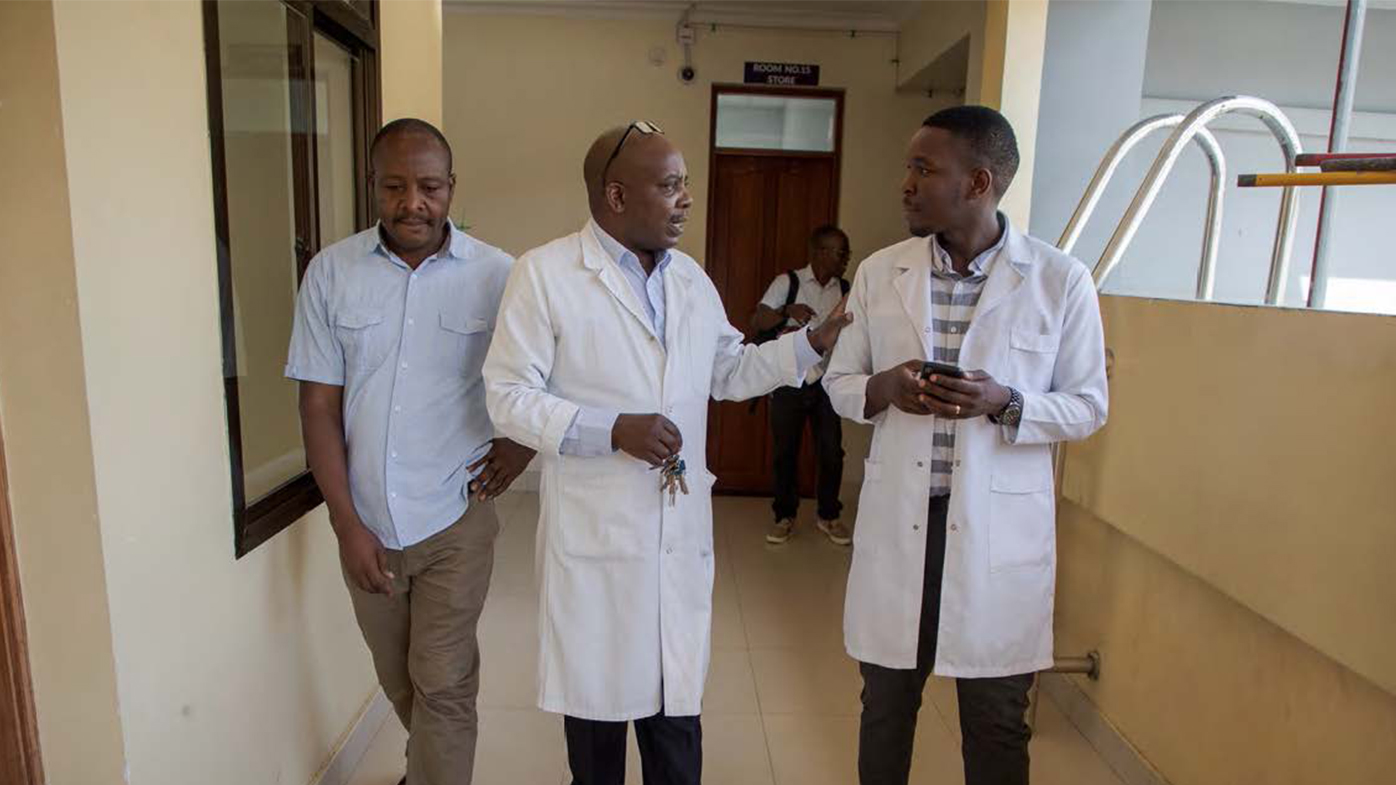Access to medicines
We believe in the value our medicines bring to patients and society, and their role in transforming care to help patients live longer and healthier lives. We are committed to helping patients gain access to our medicines while addressing inequities and barriers to high-quality, affordable healthcare.
Explore access
Expanding our reach in low- and middle-income countries
We are building on our commitment to help people in underserved communities access the care and medicines they need. Through our ASPIRE strategy, we help patients in low- and middle-income countries gain access to potentially life-saving medicines.

Access support
BMS Access Support® is dedicated to helping patients access their prescribed BMS medications. We offer financial support options and educational resources to support patients throughout their treatment journey. Learn more about the support we offer.
Related articles
Discover the latest stories highlighting our efforts to advance access for all patients.





